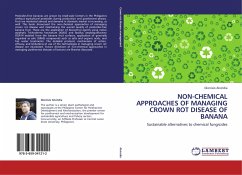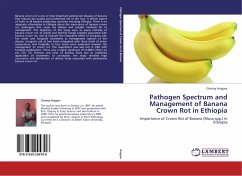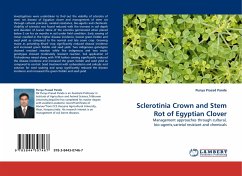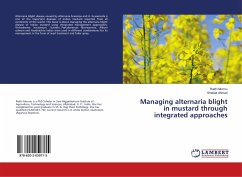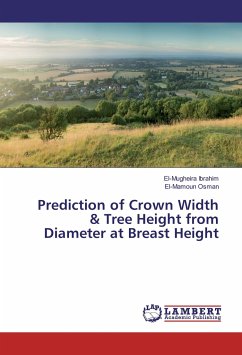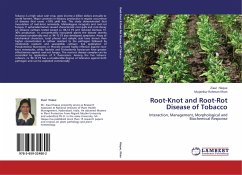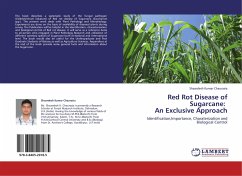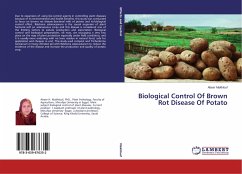Pesticides-free bananas are grown by small-scale farmers in the Philippines without agricultural pesticides during production and postharvest phases. Fruit are marketed abroad and demand in domestic market is increasing, as well. This book showcased the non-chemical approaches of managing crown rot disease and maintaining the overall quality of pesticides-free banana fruit. These are the application of biocontrol agents using native epiphytic Trichoderma harzianum DGA02 and Bacillus amyloliquefaciens DGA14 isolated from the banana fruit surfaces, application of generally regarded as safe (GRAS) compounds such as salts and organic acids, and hot water treatments. The detailed protocol, mechanisms of action, efficacy, and limitations of use of the technologies in managing crown rot disease are elucidated. Future directions of non-chemical approaches in managing postharvest diseases of banana are likewise discussed.
Bitte wählen Sie Ihr Anliegen aus.
Rechnungen
Retourenschein anfordern
Bestellstatus
Storno

